Venezuela’s controversial Esequibo referendum received the support of voters on Sunday. In short, it asked Venezuelans if more than two-thirds of Guyanese territory should be annexed and an overwhelming majority said yes — albeit not many showed up to the polls. Since then, things have gotten tenser and the US has begun to vocalize its backing of Guyana, with the White House declaring its “unwavering support” this Thursday.
In less than a week, Brazil has deployed troops along the Venezuelan border, Nicolás Maduro has announced the creation of an Esequibo division of the state-owned oil company and a helicopter carrying five senior Guyanese military officials has gone missing.
But in the lead-up to these events, the White House remained unusually silent, particularly with regard to a referendum which gathered denunciations from regional organizations and South American leaders alike. After many celebrated Biden’s “breakthrough” Venezuela rapprochement, it’s simple to make sense of the silence: the White House would rather have kept the issue under the radar. Politically speaking, that’s not unreasonable. One war in Europe, another in the Middle East and now a potential one in the US’s hemisphere? Not a good look. Happening right after Biden attempted to soften relationships with Maduro? Now that’s a PR disaster.
Despite the White House’s previous hush, some steps were taken by the State Department. In July, Guyanese president Irfaan Ali welcomed Secretary Antony Blinken. On September 5, the US Embassy in Guyana announced that a team from the United States Army 1st Security Force Assistance Brigade (SFAB) were working with Guyanese military forces. On November 3, the US ambassador to Guyana, Nicole Theriot, vowed to work with the former British colony to “support our bilateral defense partnership.”
Now that the threat looks increasingly serious, the White House has decided to assert itself. “We absolutely stand by our unwavering support for Guyana’s sovereignty,” national security spokesperson John Kirby told reporters on Thursday. That same day, words were met with actions, as the US embassy in Guyana announced that “In collaboration with the Guyana Defense Force, the US Southern Command will conduct flight operations within Guyana on December 7.”
Naturally, these developments have furrowed some brows in the anti-imperialist crowd, who express concern about yet another US-sponsored conflict. Meanwhile, realists ask themselves: what tangible actions can America take to prevent war?



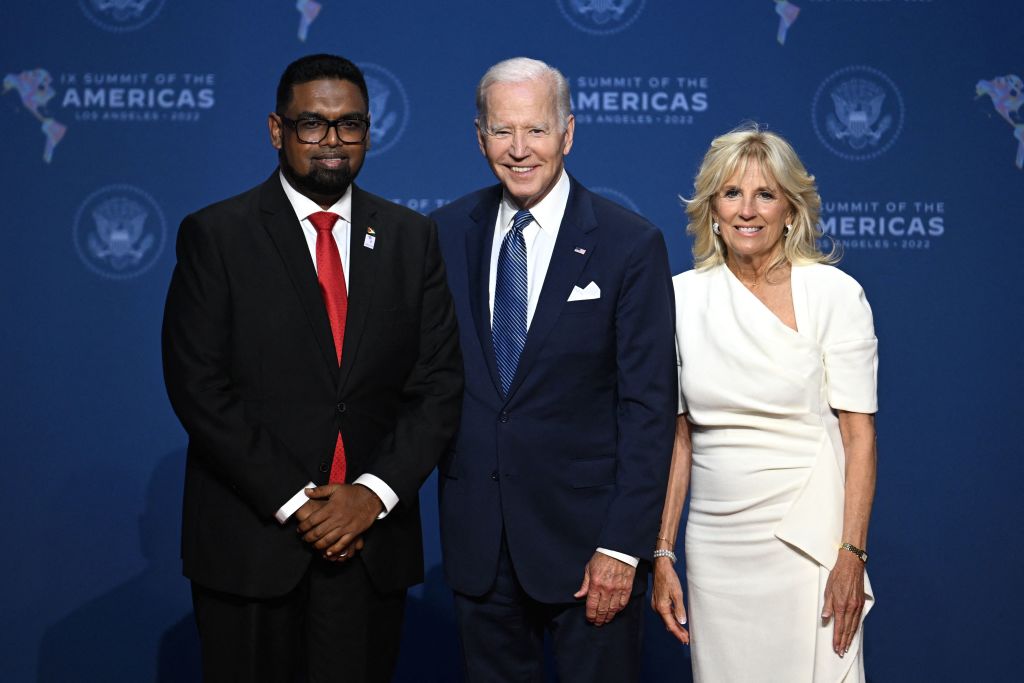






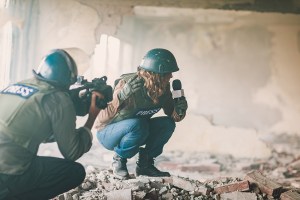
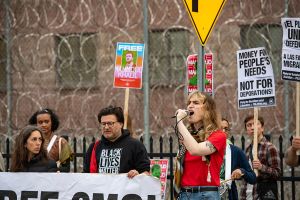

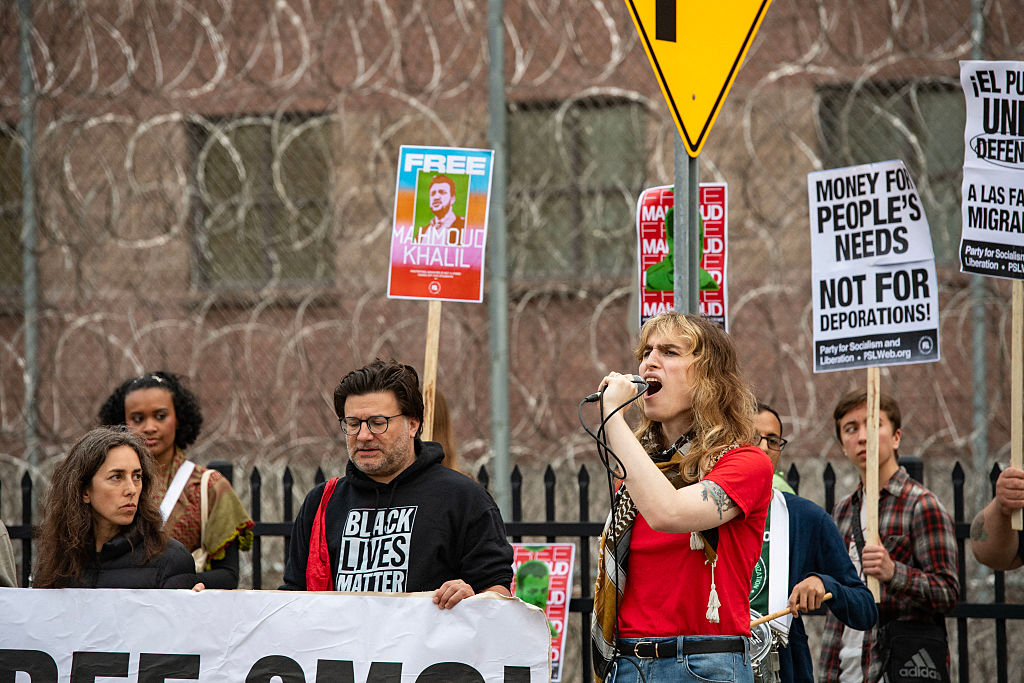
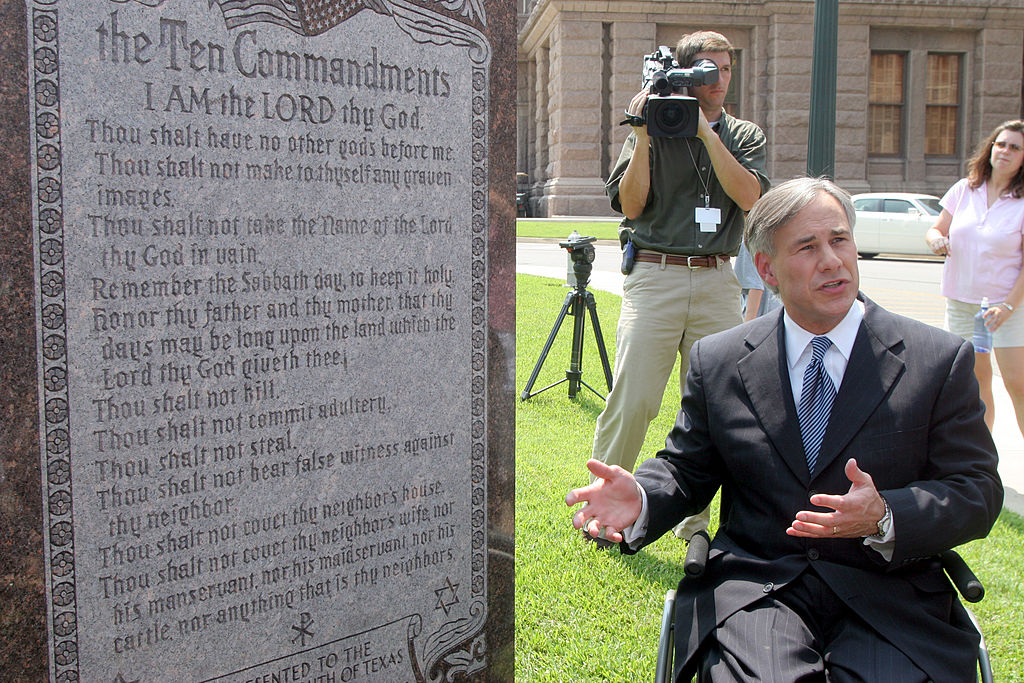
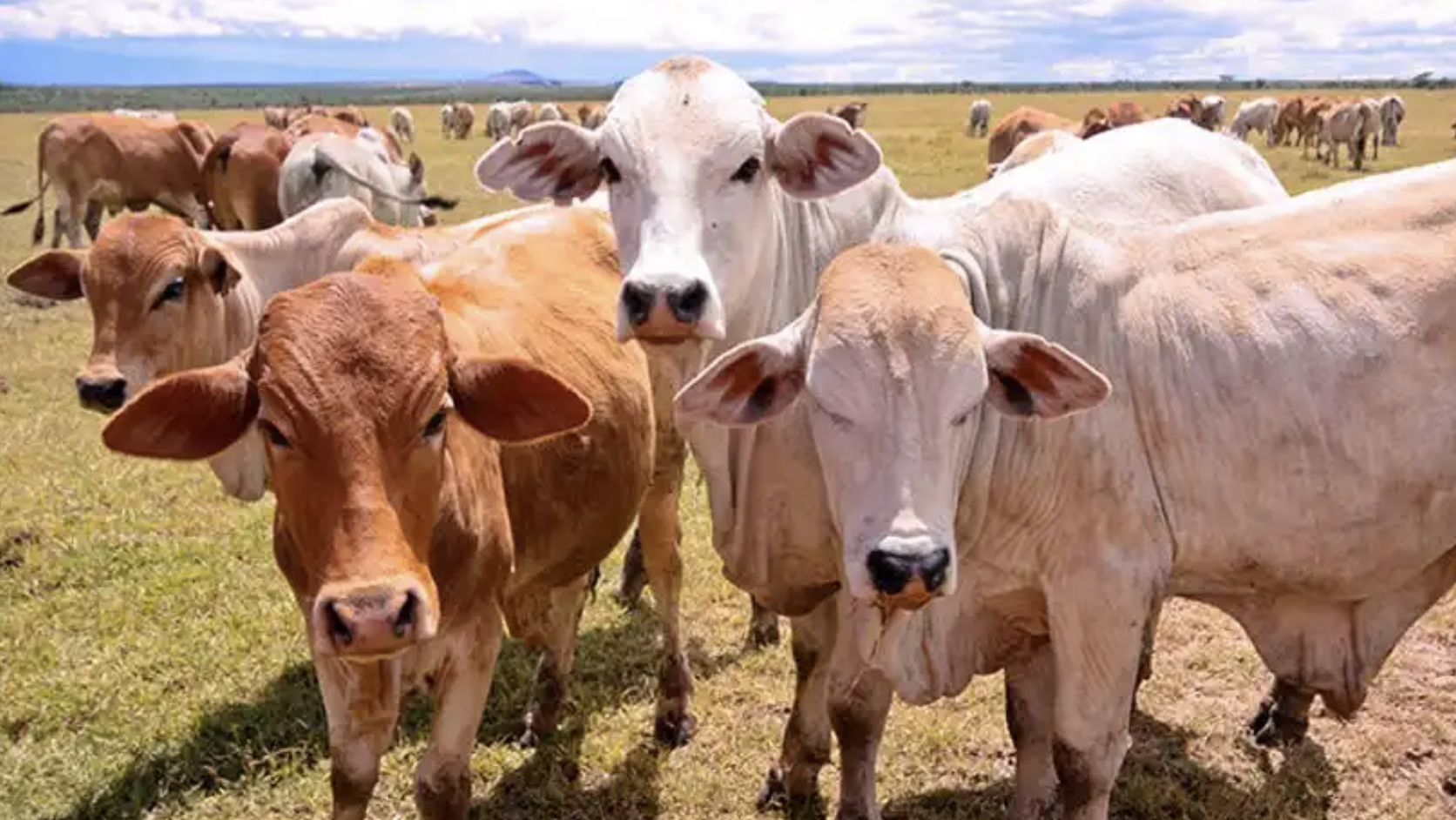
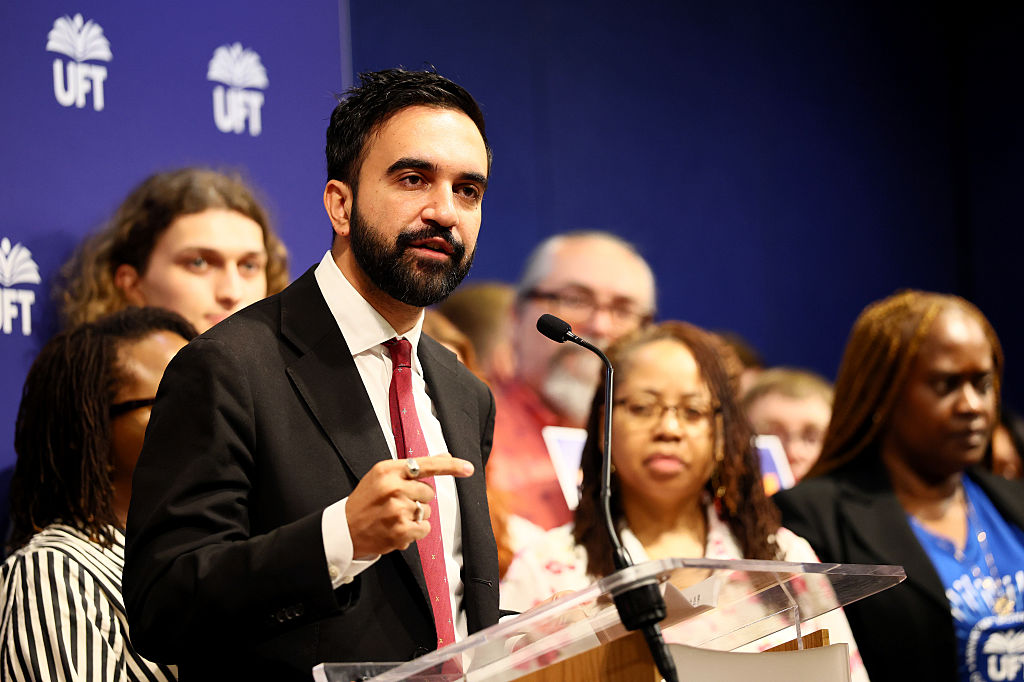









Leave a Reply